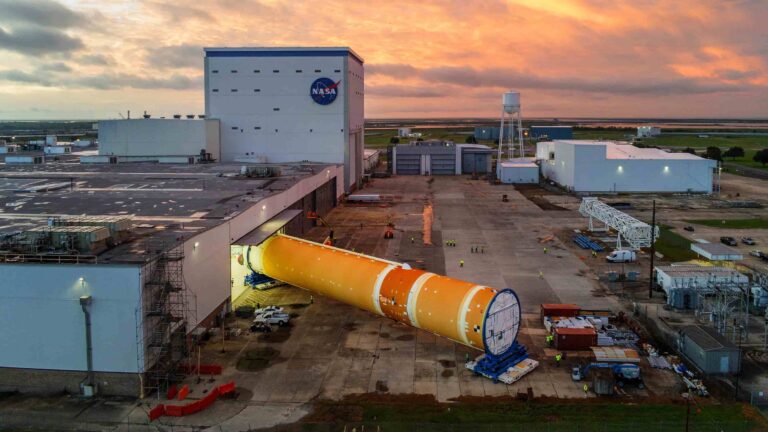From Mars-Focused Technology to Sustainable Methane Production on Earth
Introduction
A unique trend has emerged in climate technology: startups initially focused on space are increasingly bringing their innovations back to Earth to solve urgent environmental challenges. General Galactic, founded by Halen Mattison and Luke Neise, exemplifies this shift. The startup began with aspirations to develop technology for Mars missions but has since pivoted toward sustainable methane production to address climate issues on Earth. After emerging from stealth mode in April, the company has secured $8 million in seed funding to develop its groundbreaking reactors, which produce methane using renewable energy sources.
From Space Exploration to Climate Tech
Initially, Mattison, a SpaceX alum, and Neise, with experience at Vanderbilt Aerospace Design Laboratory and Varda Space Industries, envisioned selling reactors to SpaceX that could convert carbon dioxide into methane, a valuable fuel for Mars missions. However, recognizing the potential impact of their technology on Earth, they refocused their efforts to address the need for low-carbon fuel alternatives to fossil fuels.
General Galactic’s Pilot System and Goals
General Galactic’s pilot methane production system can produce 2,000 liters of methane per day. As the startup transitions from off-the-shelf components to custom in-house designs, production efficiency is expected to increase. “We think that’s a big missing piece in the energy mix right now,” Mattison, General Galactic’s CEO, explained. The company’s approach to mass-producing reactors using assembly techniques typically not applied to petrochemical and energy facilities sets it apart from traditional industry methods.
Target Market: Industrial Processes, Not Heating and Energy
Unlike many alternative fuel startups, General Galactic does not aim to displace natural gas in heating and energy, which is increasingly moving toward electrification. Instead, it plans to supply its sustainably produced methane to industries that rely on the gas for industrial processes, such as chemical and plastic manufacturing.
However, the company isn’t ruling out transportation applications entirely. Mattison hinted at future ventures into producing alternative hydrocarbons for aviation or maritime fuel, which would target industries that are more challenging to decarbonize with existing solutions like batteries or hydrogen. “Stay tuned,” he said.
Investment and Infrastructure Compatibility
To accelerate its technology development and deployment, General Galactic recently raised $8 million in a seed round led by Harpoon Ventures and Refactor Capital, with additional support from BoxGroup, Climate Capital, Impact First, Pathbreaker, Plug and Play, and Seraphim. The company aims to deploy its first modules by 2025, designed to be compatible with existing infrastructure, potentially speeding up adoption compared to hydrogen and other alternative fuels that require new systems.
The Methane Challenge and Environmental Concerns
Methane’s high potency as a greenhouse gas, 80 times more impactful than CO₂, raises questions about its environmental impact. Methane must be contained meticulously, as even small leaks could undermine its carbon-neutral claims. While green methanol—produced by competitors like Oxylus Energy, Aerleum, and SpiralWave—offers some advantages, including a lower boiling point, General Galactic sees its methane as a critical addition to the energy mix when produced and managed responsibly with renewable electricity.
The Future of General Galactic: The Next Pivot
The pivot to producing methane sustainably may not be General Galactic’s last. Given the high demand for liquid fuel alternatives in industries like aviation and shipping, which are expensive and difficult to decarbonize through batteries or hydrogen alone, another pivot toward hydrocarbons or biofuels could provide even greater environmental and commercial opportunities. For now, the company remains focused on establishing its place in the industrial methane market, with an eye on expanding into other sustainable fuel solutions in the future.
Conclusion
General Galactic’s story highlights a notable shift in climate tech: space-focused innovators applying their technologies to pressing climate issues on Earth. With plans to achieve commercial-scale methane production by 2025, General Galactic is on a mission to make sustainable fuel alternatives mainstream. By strategically addressing industrial needs and securing critical funding, the company is poised to make an impact in the fight against climate change, while potentially redefining the future of low-carbon fuels.






